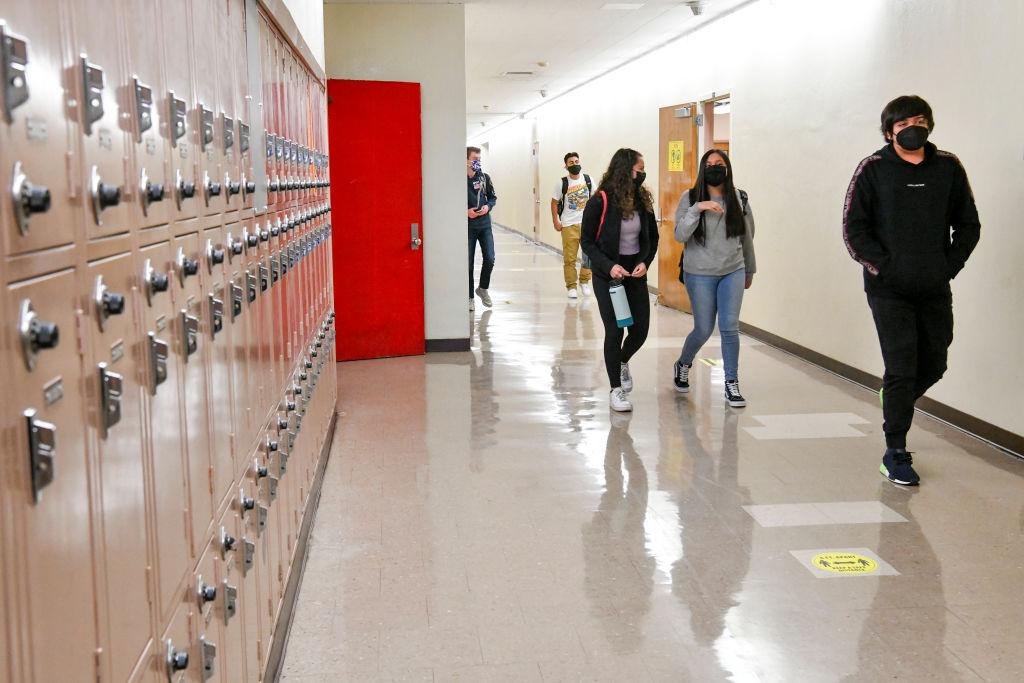Commentary
One thing Americans need to realize is how hard inflation could hit school budgets. Bus fleets will pay higher gas and diesel prices. Much higher fertilizer prices will push up food costs in school cafeterias. And unions will demand inflation premiums on their contracts.





